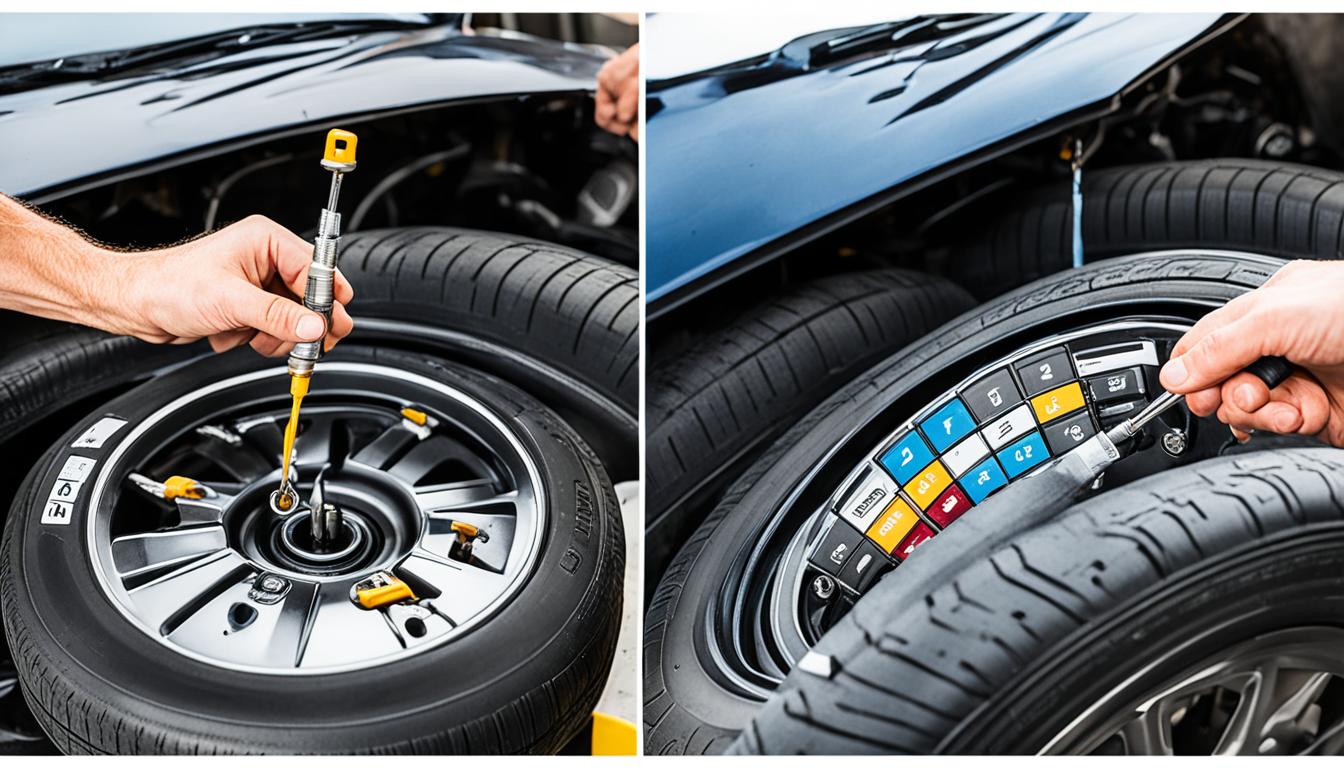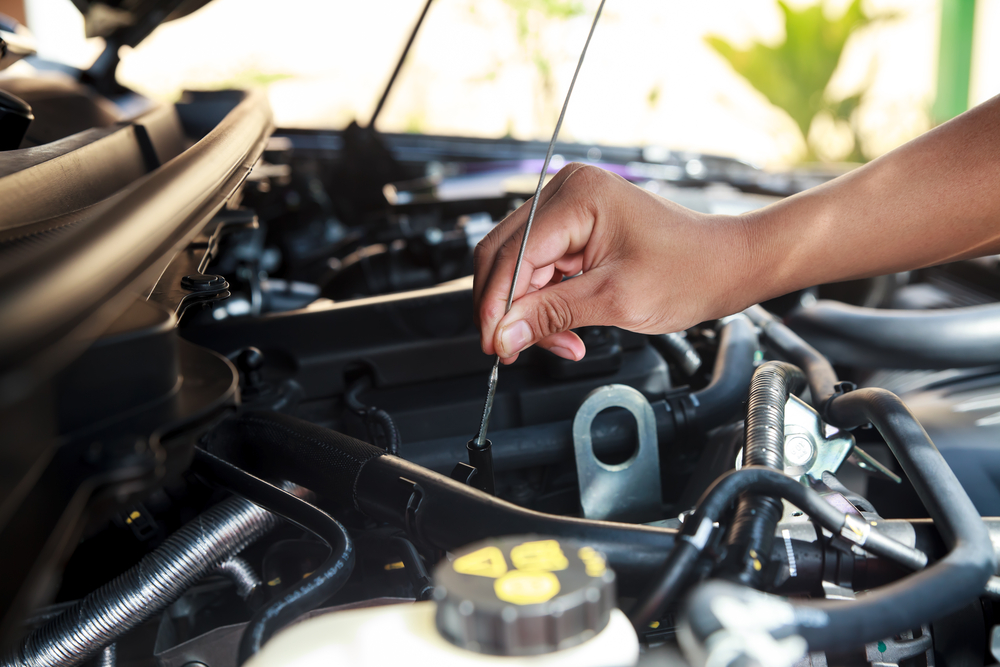Featured
The timing belt is a critical part of your engine, responsible for synchronizing the movement of numerous engine parts, such as the crankshaft and camshaft. While the timing belt might not be something you assume around usually, ignoring its maintenance can lead to considerable engine damages and pricey repair services.
What Is a Timing Belt and Just How Does It Work? The timing belt is a rubber or composite material belt that links the crankshaft to the camshaft in an interior burning engine. The camshaft controls the opening and closing of the engine's intake and exhaust valves, and it must be timed perfectly with the activity of the pistons in the engine. The timing belt makes sure that these elements are in sync, permitting the engine to run smoothly.
If the timing belt comes to be or falls short used out, the camshaft and crankshaft will certainly no more be integrated, which can cause the engine's valves to hit the pistons. This causes devastating engine damage and frequently requires expensive repair services or perhaps an engine replacement.
Why Is Timing Belt Substitute Important? Gradually, the timing belt can use down as a result of friction, heat, and general engine wear. While it may feel like a small problem, a defective timing belt can cause severe engine troubles. Below's why prompt substitute is vital:
Preventing Engine Damage: As mentioned, a busted or sliding timing belt can trigger the engine's valves and pistons to clash. This leads to curved valves, damaged pistons, and in severe instances, a complete engine failure. Replacing the timing belt prior to it damages can avoid this expensive damage.
Maintaining Engine Efficiency: A worn-out timing belt can disrupt the synchronization of the engine parts, minimizing total engine efficiency. Changing the belt aids keep ideal engine feature, making certain smooth procedure, improved fuel efficiency, and much better efficiency.
Avoiding Unanticipated Failure: A broken timing belt can leave you stranded on the side of the roadway, triggering a major inconvenience. By replacing the timing belt at the advised intervals, you can stay clear of the threat of an unforeseen break down, especially in the center of a lengthy journey or when you least anticipate it.
![]()
Saving Money over time: While timing belt substitute can feel like an expense you could desire to avoid, it's much cheaper than the price of repairing or changing a harmed engine. The substitute price is relatively affordable compared to the substantial repairs required if the timing belt breaks. Positive maintenance can conserve you thousands of bucks in repair work and maintain your automobile's worth.
When Should You Replace the Timing Belt? The timing belt replacement timetable can differ depending upon your automobile's make and version. Generally, the majority of manufacturers recommend replacing the timing belt every 60,000 to 100,000 miles. Nonetheless, it's constantly best to consult your owner's manual or a relied on technician for certain recommendations for your vehicle.
Signs that your timing belt might need substitute consist of uncommon engine noises such as yawping or ticking, trouble beginning the engine, or a noticeable decrease in engine performance. If you experience any one of these symptoms, it is very important to have the timing belt examined promptly.
![]()
Final thought. Replacing the timing belt at the advised periods is a crucial component of preserving your engine's health and guaranteeing that your vehicle runs smoothly. A damaged timing belt can lead to pricey repair work, engine failing, and unanticipated failures, which can be stayed clear of with correct maintenance.
What Is a Timing Belt and Just How Does It Work? The timing belt is a rubber or composite material belt that links the crankshaft to the camshaft in an interior burning engine. The camshaft controls the opening and closing of the engine's intake and exhaust valves, and it must be timed perfectly with the activity of the pistons in the engine. The timing belt makes sure that these elements are in sync, permitting the engine to run smoothly.
If the timing belt comes to be or falls short used out, the camshaft and crankshaft will certainly no more be integrated, which can cause the engine's valves to hit the pistons. This causes devastating engine damage and frequently requires expensive repair services or perhaps an engine replacement.
Why Is Timing Belt Substitute Important? Gradually, the timing belt can use down as a result of friction, heat, and general engine wear. While it may feel like a small problem, a defective timing belt can cause severe engine troubles. Below's why prompt substitute is vital:
Preventing Engine Damage: As mentioned, a busted or sliding timing belt can trigger the engine's valves and pistons to clash. This leads to curved valves, damaged pistons, and in severe instances, a complete engine failure. Replacing the timing belt prior to it damages can avoid this expensive damage.
Maintaining Engine Efficiency: A worn-out timing belt can disrupt the synchronization of the engine parts, minimizing total engine efficiency. Changing the belt aids keep ideal engine feature, making certain smooth procedure, improved fuel efficiency, and much better efficiency.
Avoiding Unanticipated Failure: A broken timing belt can leave you stranded on the side of the roadway, triggering a major inconvenience. By replacing the timing belt at the advised intervals, you can stay clear of the threat of an unforeseen break down, especially in the center of a lengthy journey or when you least anticipate it.

Saving Money over time: While timing belt substitute can feel like an expense you could desire to avoid, it's much cheaper than the price of repairing or changing a harmed engine. The substitute price is relatively affordable compared to the substantial repairs required if the timing belt breaks. Positive maintenance can conserve you thousands of bucks in repair work and maintain your automobile's worth.
When Should You Replace the Timing Belt? The timing belt replacement timetable can differ depending upon your automobile's make and version. Generally, the majority of manufacturers recommend replacing the timing belt every 60,000 to 100,000 miles. Nonetheless, it's constantly best to consult your owner's manual or a relied on technician for certain recommendations for your vehicle.
Signs that your timing belt might need substitute consist of uncommon engine noises such as yawping or ticking, trouble beginning the engine, or a noticeable decrease in engine performance. If you experience any one of these symptoms, it is very important to have the timing belt examined promptly.

Final thought. Replacing the timing belt at the advised periods is a crucial component of preserving your engine's health and guaranteeing that your vehicle runs smoothly. A damaged timing belt can lead to pricey repair work, engine failing, and unanticipated failures, which can be stayed clear of with correct maintenance.
Latest Posts
Enjoy Gourmet Flavors with Riverside’s Premier Catering in Riverside, CA.
Published Jan 04, 25
1 min read
Premier Riverside Event Center for Corporate Events.
Published Jan 04, 25
1 min read
Just How to Appropriately Take Care Of Your Plastic Flooring
Published Jan 04, 25
1 min read
More
Latest Posts
Enjoy Gourmet Flavors with Riverside’s Premier Catering in Riverside, CA.
Published Jan 04, 25
1 min read
Premier Riverside Event Center for Corporate Events.
Published Jan 04, 25
1 min read
Just How to Appropriately Take Care Of Your Plastic Flooring
Published Jan 04, 25
1 min read